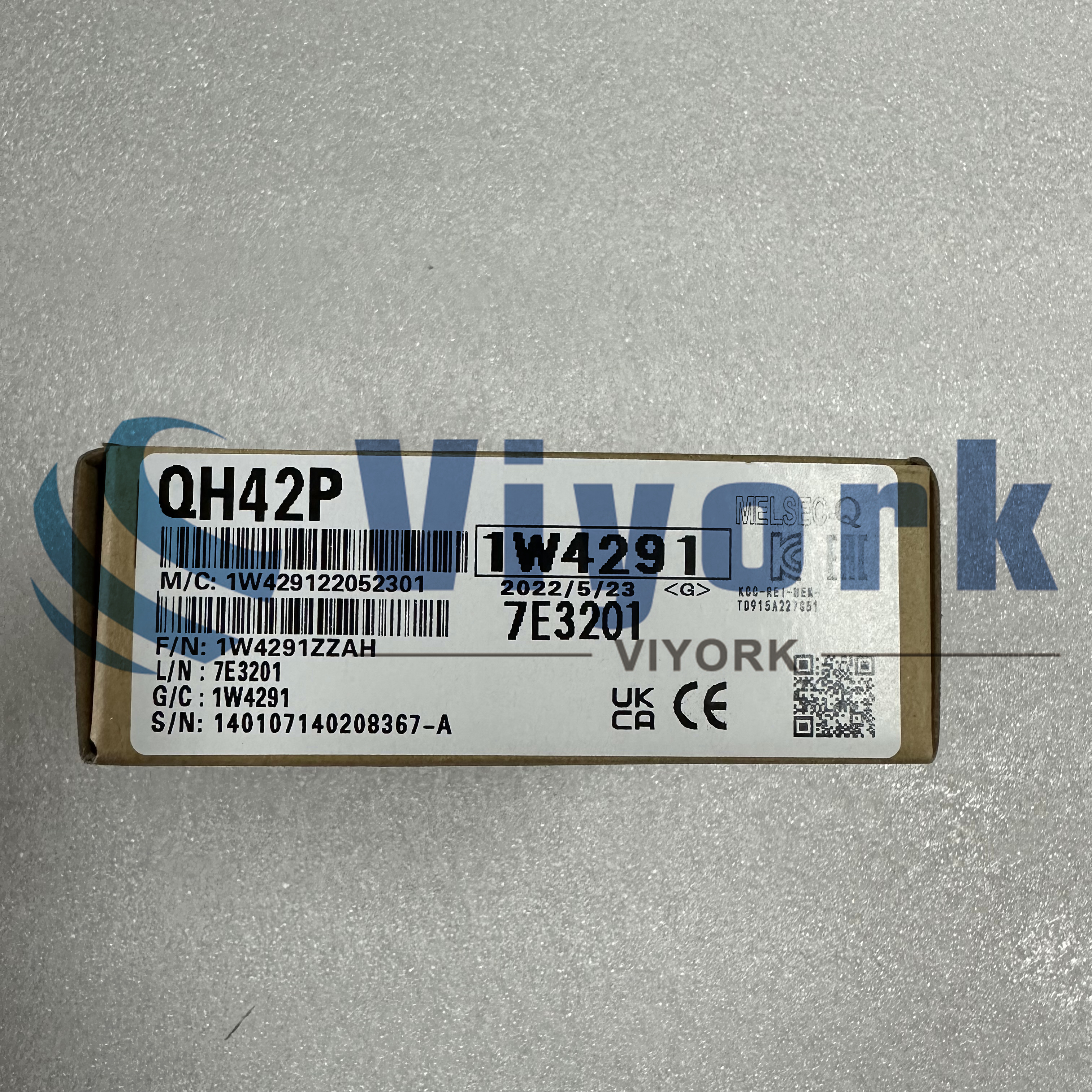The role of industrial products: Mitsubishi servo drives
Industrial products play a crucial role in the manufacturing and automation industry, and Mitsubishi servo drives are no exception. These drives are essential components in various industrial applications, providing precise control and efficient operation in machinery and equipment. In this article, we will explore the role of Mitsubishi servo drives in industrial settings and their significance in driving productivity and performance.
Mitsubishi servo drives are a key element in the field of industrial automation, particularly in controlling the motion of machinery and equipment. These drives are designed to accurately control the speed, position, and torque of servo motors, enabling smooth and precise movement in a wide range of industrial processes. Whether it’s in robotics, CNC machines, packaging equipment, or other automated systems, Mitsubishi servo drives play a critical role in ensuring optimal performance and productivity.
One of the primary functions of Mitsubishi servo drives is to provide motion control in industrial machinery. By receiving input signals and processing them to deliver the required output to the servo motor, these drives enable precise and dynamic motion in various applications. Whether it’s high-speed positioning, synchronized motion, or continuous operation, Mitsubishi servo drives offer the flexibility and reliability needed to meet the demands of modern industrial processes.
In addition to motion control, Mitsubishi servo drives also contribute to energy efficiency and cost savings in industrial operations. By optimizing the performance of servo motors, these drives help reduce energy consumption and minimize waste in manufacturing processes. This not only leads to lower operational costs but also aligns with the growing emphasis on sustainability and environmental responsibility in the industrial sector.
Furthermore, Mitsubishi servo drives play a crucial role in enhancing the overall productivity and quality of industrial production. With their precise control capabilities, these drives enable manufacturers to achieve higher levels of accuracy and repeatability in their processes. This is particularly important in industries such as semiconductor manufacturing, automotive assembly, and precision engineering, where the slightest deviation can have significant implications on product quality and performance.
Another significant aspect of Mitsubishi servo drives is their compatibility with advanced automation technologies. These drives are designed to integrate seamlessly with programmable logic controllers (PLCs), human-machine interfaces (HMIs), and other automation systems, allowing for comprehensive control and monitoring of industrial processes. This integration facilitates the implementation of sophisticated motion profiles, feedback mechanisms, and diagnostic functions, further enhancing the efficiency and reliability of industrial machinery.
Moreover, Mitsubishi servo drives are known for their robustness and durability, making them suitable for demanding industrial environments. With features such as overload protection, thermal management, and fault detection, these drives are engineered to withstand the rigors of continuous operation in harsh conditions. This reliability is essential for maintaining uninterrupted production and minimizing downtime in industrial facilities.
In the context of Industry 4.0 and the ongoing digital transformation of manufacturing, Mitsubishi servo drives play a pivotal role in enabling smart and connected production systems. These drives are equipped with advanced communication interfaces and networking capabilities, allowing them to be seamlessly integrated into the Industrial Internet of Things (IIoT) ecosystem. This connectivity enables real-time monitoring, remote diagnostics, and predictive maintenance, empowering manufacturers to optimize their operations and adapt to changing market demands.
In conclusion, Mitsubishi servo drives are indispensable components in the realm of industrial automation, providing precise motion control, energy efficiency, and enhanced productivity. Their role in driving the performance and reliability of industrial machinery is instrumental in meeting the evolving needs of modern manufacturing. As industries continue to embrace automation and digitalization, the significance of Mitsubishi servo drives in optimizing industrial processes and enabling innovation cannot be overstated.
 Call us on:
Call us on:  Email Us:
Email Us:  1103, Block C, South Building, Luo Fang Road, Luohu District, Shenzhen, 518001, China
1103, Block C, South Building, Luo Fang Road, Luohu District, Shenzhen, 518001, China 








